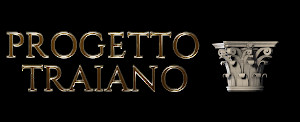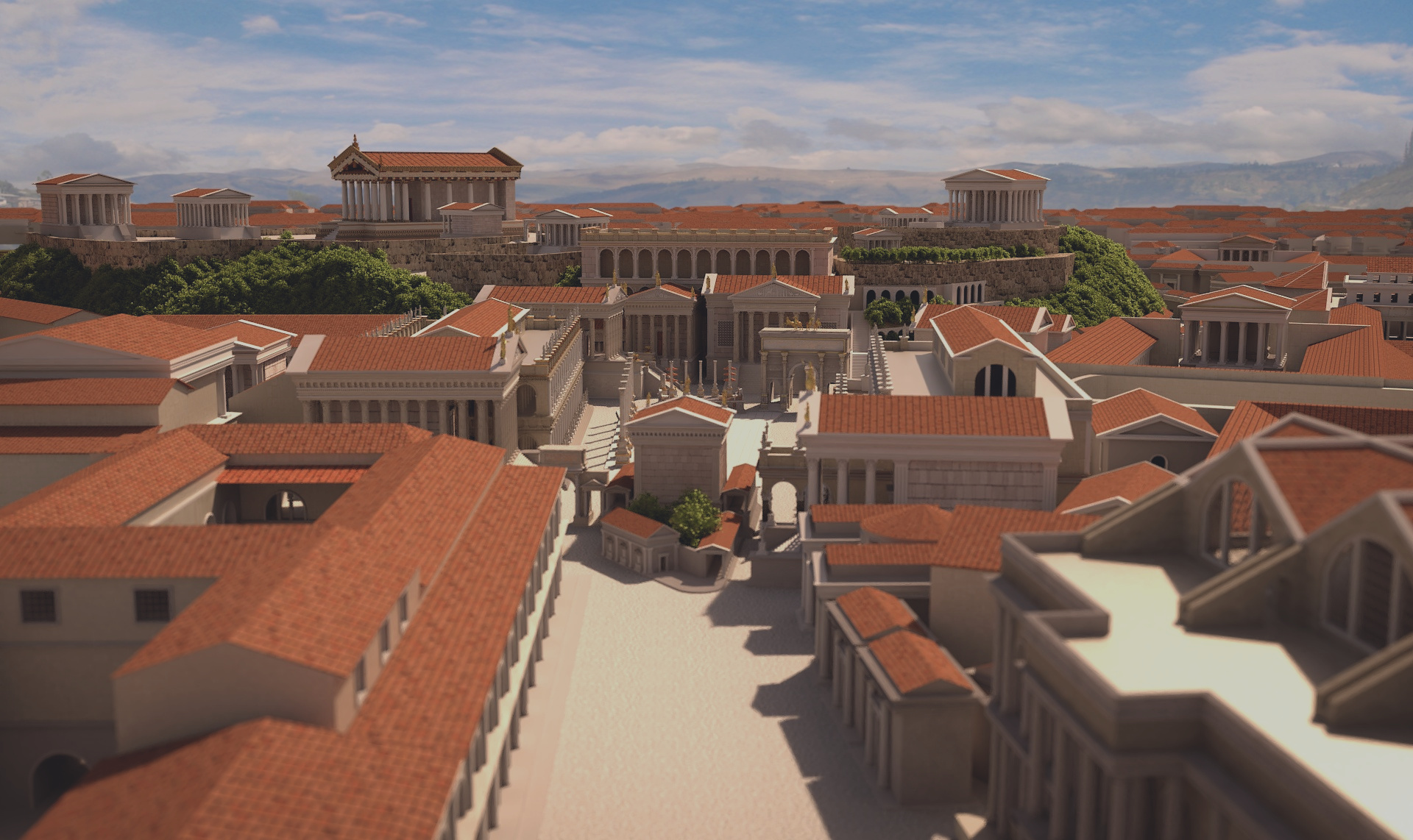Rostra Augusti
It was the platform from which the orators harangued the crowd and on which were affixed the most ancient laws of the city (the Twelve Tables) and the foedus Cassianum, the armistice signed with the Latins in 495 BC, the first step of the great expansion of Rome. It derives its name from the rostra, metallic forks that were applied on the ships during the naval battles to ram and sink the enemy vessels. The Romans, who didn’t have familiarity with the sea, were so proud of their first victory gained by sea (the battle of Anzio, 338 BC), to dismantle the rostra of the defeated enemy ships and put them on display here, the most prominent place in the Forum. By the time the grandstand underwent renovations, it was also slightly shifted from its original location, and what we see today dates back to imperial times. The stands housed also the statues of the Roman ambassadors killed during their diplomatic activity. The poor remains of Cicero, punished for his Philippics against Antony, were exposed here.
A small cylindrical element in bricks is located near the rostra. A small marble plaque reminds us that that mass of bricks is the Umbilicus Urbis, the centre of the City, the centre of the world. In ancient times every civilization, every culture, identified its own navel, centre of the world. To the Greeks it was Delphi, since Delphi was the place where the two eagles that Zeus released in two opposite senses met after having flown around the world. For the Incas, on the other side of the globe, the centre was Cuzco, the capital of their empire. For the Romans the centre was there, in that pile of bricks. Initially it took the form of a well, since this point not only coincided with the geographical centre of the world, but it was also the point of intersection of the three spheres of the Cosmos: the world of heavenly gods, the one inhabited by men, and the underworld, with its gods and monsters. The well was closed by a stone that, three days a year, was removed in a sort of Roman Halloween. It was believed that in those days the spirits of the dead returned to earth. For this reason, during the opening of the mundus (the world, this was the ancient name of the navel), the Romans refrained from sea voyages and battles, for fear that a ghost could grasp their soul to take it with him to Hades.





